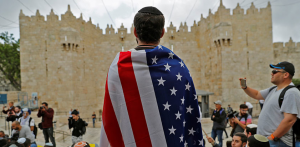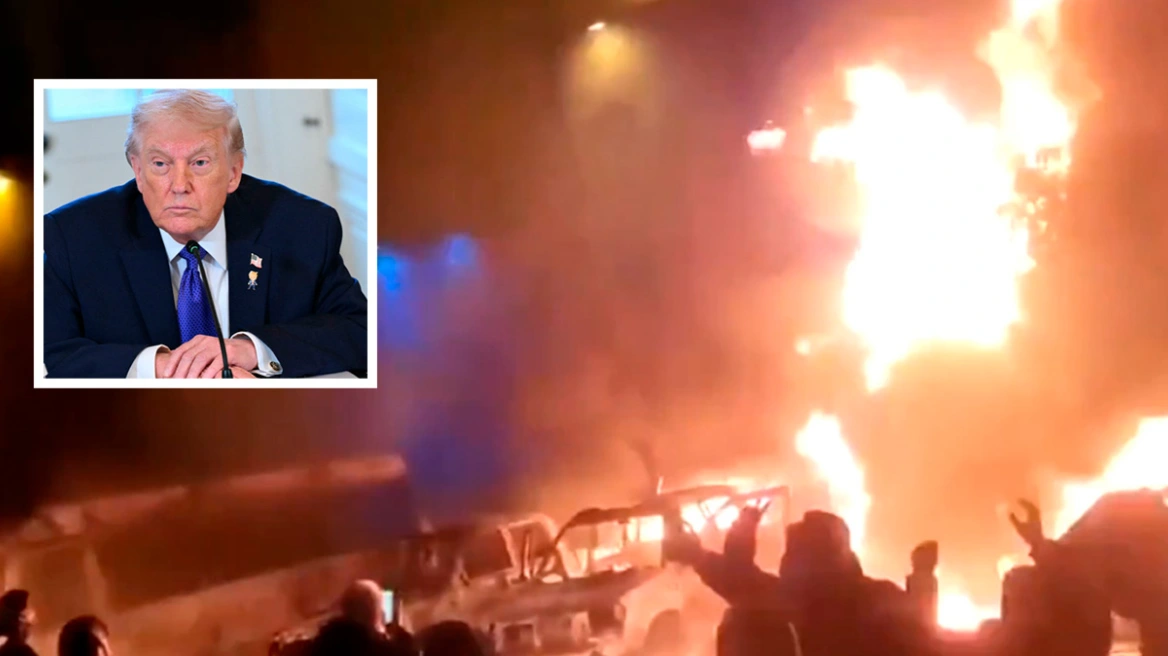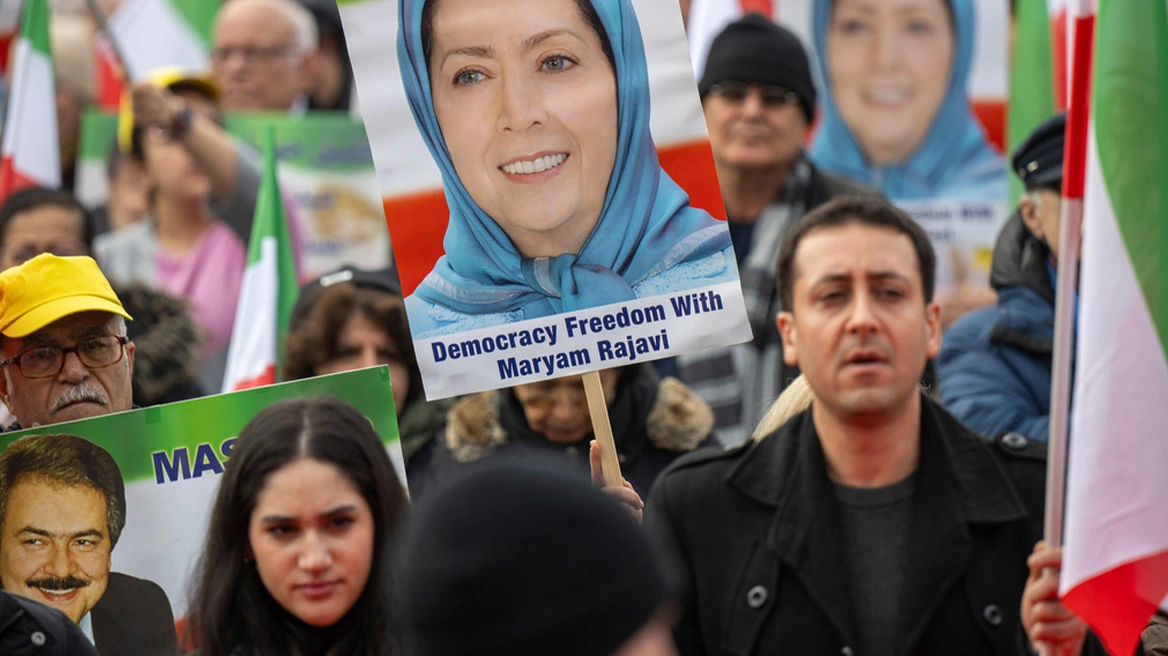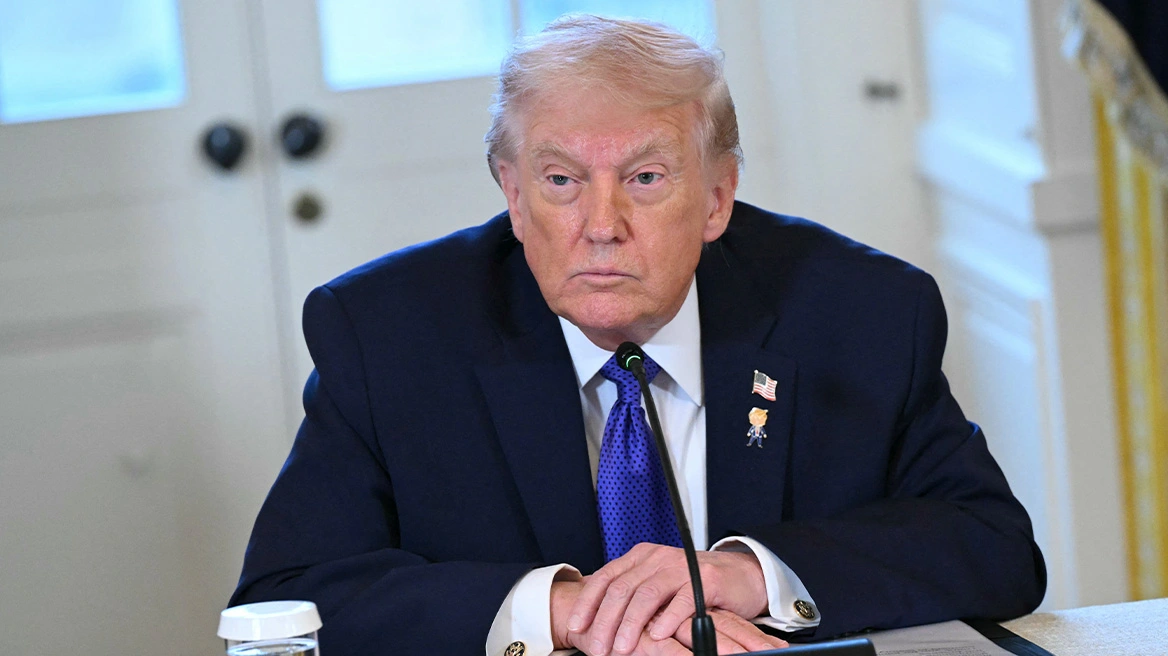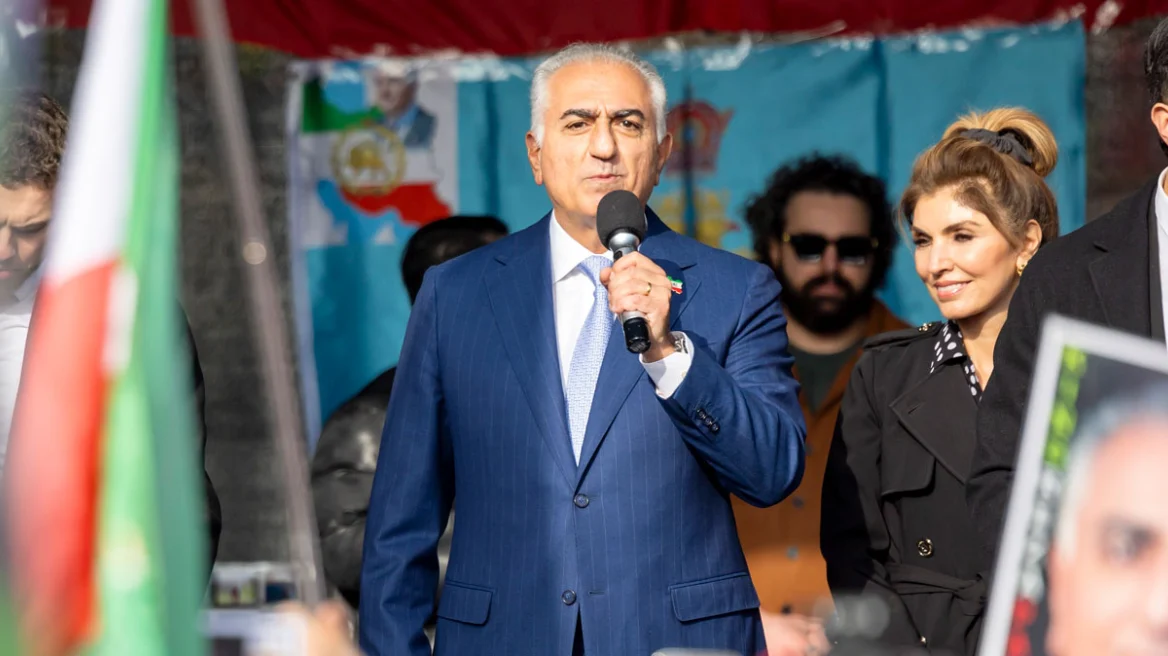Sixty-nine years after Israel declared Jerusalem as its capital, and 23 years after the US Congress passed a law mandating that Washington move its embassy there, the US will formally open its embassy in the city on Monday at 4 p.m., in a move Prime Minister Benjamin Netanyahu declared as “momentous.”
The ceremony will last 81 minutes and include five brief speeches and a taped message from US President Donald Trump.
According to a schedule put out by the US embassy, both Prime Minister Benjamin Netanyahu and Trump’s son-in-law and advisor Jared Kushner will speak for nine minutes. Trump’s message will run for two minutes and thirty seconds.
Also slated to speak are US Ambassador David Friedman, who was a driving force behind the embassy move, Deputy Secretary of State John Sullivan, Treasury Secretary Steven Mnuchin, and President Reuven Rivlin.
“President Donald Trump is making history,” Netanyahu said Sunday at a reception in the Foreign Ministry attended by Trump’s daughter, Ivanka, and Jared Kushner, who are leading the US delegation to the embassy opening. “We are deeply grateful, and our people will be eternally grateful, for his bold decision.”
Netanyahu said Trump’s decision reflects a simple truth: “Jerusalem has been the capital of the Jewish people for the past 3,000 years, has been the capital of our state for the past 70 years, and will remain our capital for all time.
“Thank you President Trump for your bold decision! Thank you for making the alliance between Israel and the United States stronger than ever!” In a sign that not all in the world agreed with that “simple truth,” of the 86 embassies invited to the reception at the embassy – attended by some 800 people – only 33 countries sent delegations. In addition, while four US senators are on hand for the embassy opening, as are 10 congressmen, they are all Republicans.
He said the truth is that not only has Jerusalem been the capital of the Jewish people since the 1st millennium BCE, and the capital of the state since its inception, “the truth is that under any peace agreement that you could possibly imagine, Jerusalem will remain Israel’s capital.”
According to Netanyahu, it “took a President Trump” to enunciate this “simple basic truth,” and said that once it is out there, it will spread.
Nakba
The date of the embassy opening delivers an additional sting to Palestinians, as it comes a day before of the 70th anniversary of the Nakba. Translated as ‘the catastrophe,’ it describes the forced displacement of over 700,000 Palestinians from their lands, along with the destruction of hundreds of villages and the period of violence before the establishment of the State of Israel was declared on May 14, 1948.
Palestinians mark the Nakba on May 15, the first day of the newly-established State of Israel, which would turn their temporary displacement to one far more permanent.
“Historically, one of the reasons that the Palestinian issue hasn’t melted away or vanished is that the Palestinian refugee population has not assimilated somewhere else; it’s left as a refugee population,” McCarthy said.
Today, 80 percent of Gaza’s 1.8 million population are the children and grandchildren of refugees who left their homes with the erroneous belief that their fleeing was a temporary escape to save their families. “Gaza is one of the most densely populated places on earth and is also subject to siege, so things like that help to enforce a recurring kind of memory,”McCarthy said. “They just aren’t forgotten.”
Great Return March
The six-week Great Return March taking place on the Gaza-Israel border is an expression of the Palestinians’ longing to return to the homeland they left behind all those years ago. It was in part sparked by the frustration over Trump’s embassy announcement, and its conclusion coincides with both Nakba and the embassy move. The protest, which was met by Israel with violence as dozens were killed by sniper fire and over 1,700 wounded (according to Gaza health officials) is expected to gather tens of thousands on Monday and be the largest yet.
Although refugees’ right of return is enshrined in UN Resolution 194, it is an issue Israel has been unwilling to yield on.
“On one hand the Israelis want to block the Palestinian right of return, on the other hand they have their own ethnically exclusive law that enables the Israeli citizenship of Jewish people from anywhere,” McCarthy said, in reference to the Israeli law which gives Jewish people the right to settle in the country.
“So you have this bizarre, paradoxical situation where a person whose family has lived in another country for generations goes to live in Israel relatively quickly, while a person who wants to live in Jerusalem and is living in a [refugee] camp in Amman can’t go back home.”
Seven decades on from the Nakba, the situation for Palestinians remains dire.“As we come to the 70th Nakba, the number of settlers [now living in Palestinian territory] is not that far off the number of what professional Israeli historians now estimate to be the number of Palestinians that were ethnically cleansed; there’s almost a kind of mirroring there,”McCarthy said.
Ask me anything
Explore related questions
